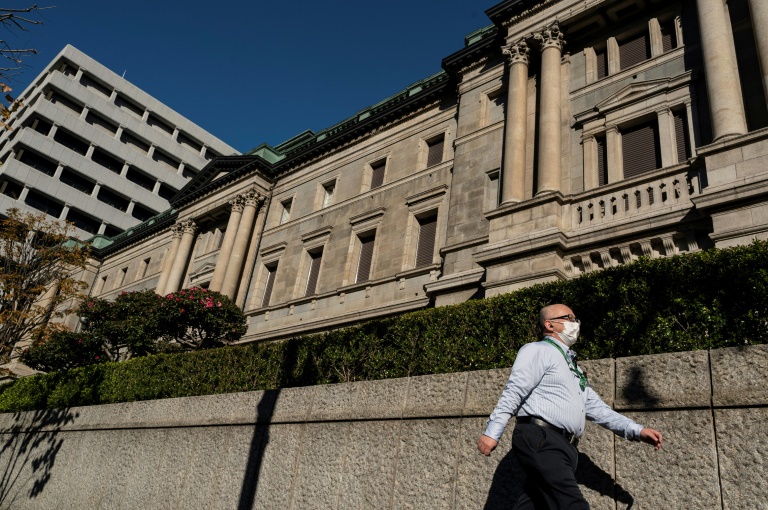US senators approved a large expansion of health care and disability benefits Thursday for veterans exposed to toxic burn pits in Iraq and Afghanistan.
The open trash fires have been commonly used by the US military in post-September 11 conflicts, and are lit to get rid of everything from plastic bottles and human waste to old tires — all incinerated with jet fuel.
But the fumes from these holes in the ground are suspected of causing a range of illnesses among soldiers, from chronic respiratory ailments to a variety of cancers.
President Joe Biden believes the pits are at the root of the brain cancer that claimed the life of his son Beau, who served in Iraq in 2008.
The PACT Act expands the window of eligibility for free medical care and ensures that, for certain respiratory illnesses and cancers, veterans will get disability benefits without having to prove they were made sick by exposure to the pits.
“For too long our nation’s veterans have faced an absurd indignity,” said Democratic Senate Majority Leader Chuck Schumer.
“They enlisted to serve our country, went abroad in good health and came back only to get sick from toxic chemical exposure endured while in the line of duty.”
The Department of Veterans Affairs estimates that some 3.5 million US service members were exposed to toxic smoke in Afghanistan, Iraq or other conflict zones, and more than 200,000 veterans have registered on lists of people who came into contact with burn pits.
The Pentagon funded a $10 million study in 2018 that concluded there was “a potential cause and effect relationship between exposure to emissions from simulated burn pits and subsequent health outcomes.”
As it stands, nearly 80 percent of veterans’ requests to have suspected burn pit ailments acknowledged by the government are rejected, according to the Iraq and Afghanistan Veterans of America (IAVA).
A poll by the organization found that 82 percent of those questioned said they were exposed to burn pits or other airborne toxic chemicals.
Of these people, 90 percent said they are or may be suffering from symptoms linked to that exposure.
The legislation will cost around about $283 billion over 10 years.
Before it reaches Biden’s desk it will need to get a final sign-off from the House of Representatives, which already passed its own version. This is expected to happen next week.











